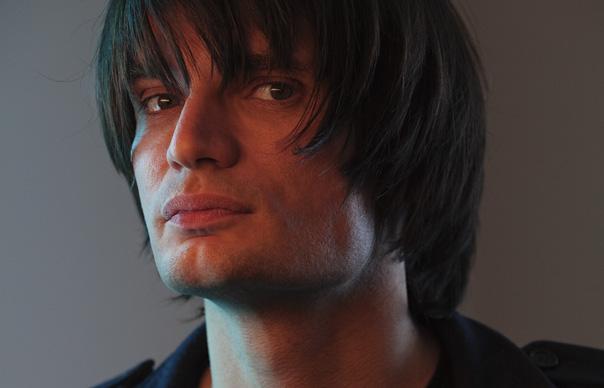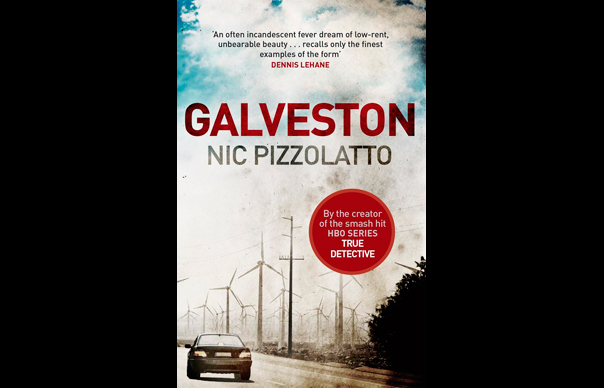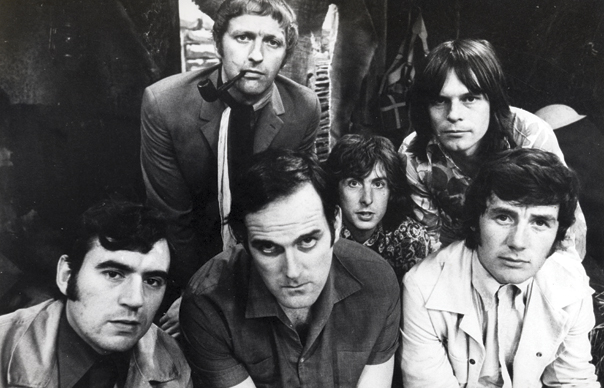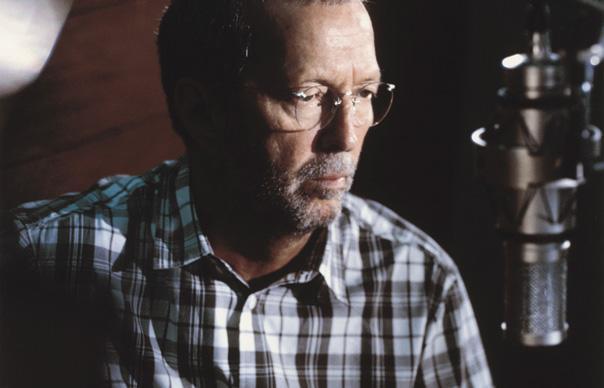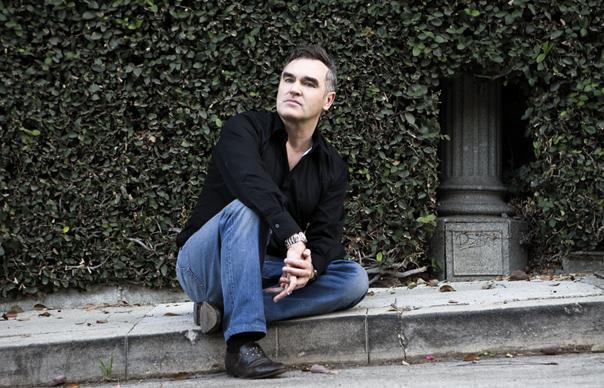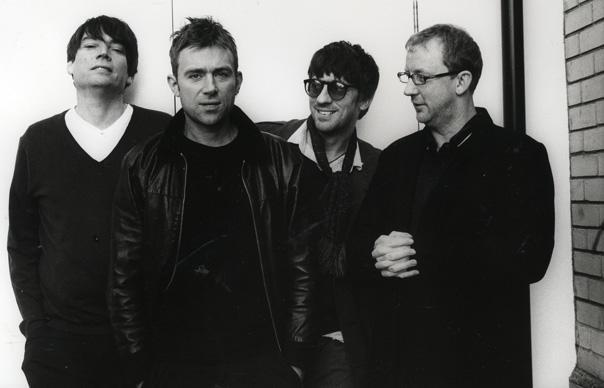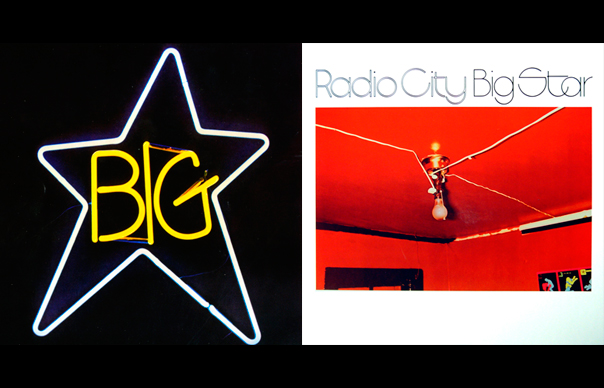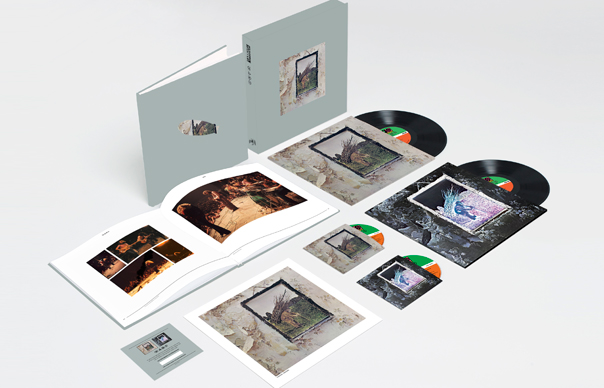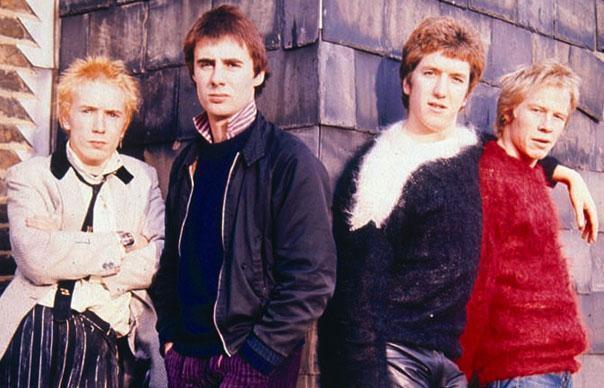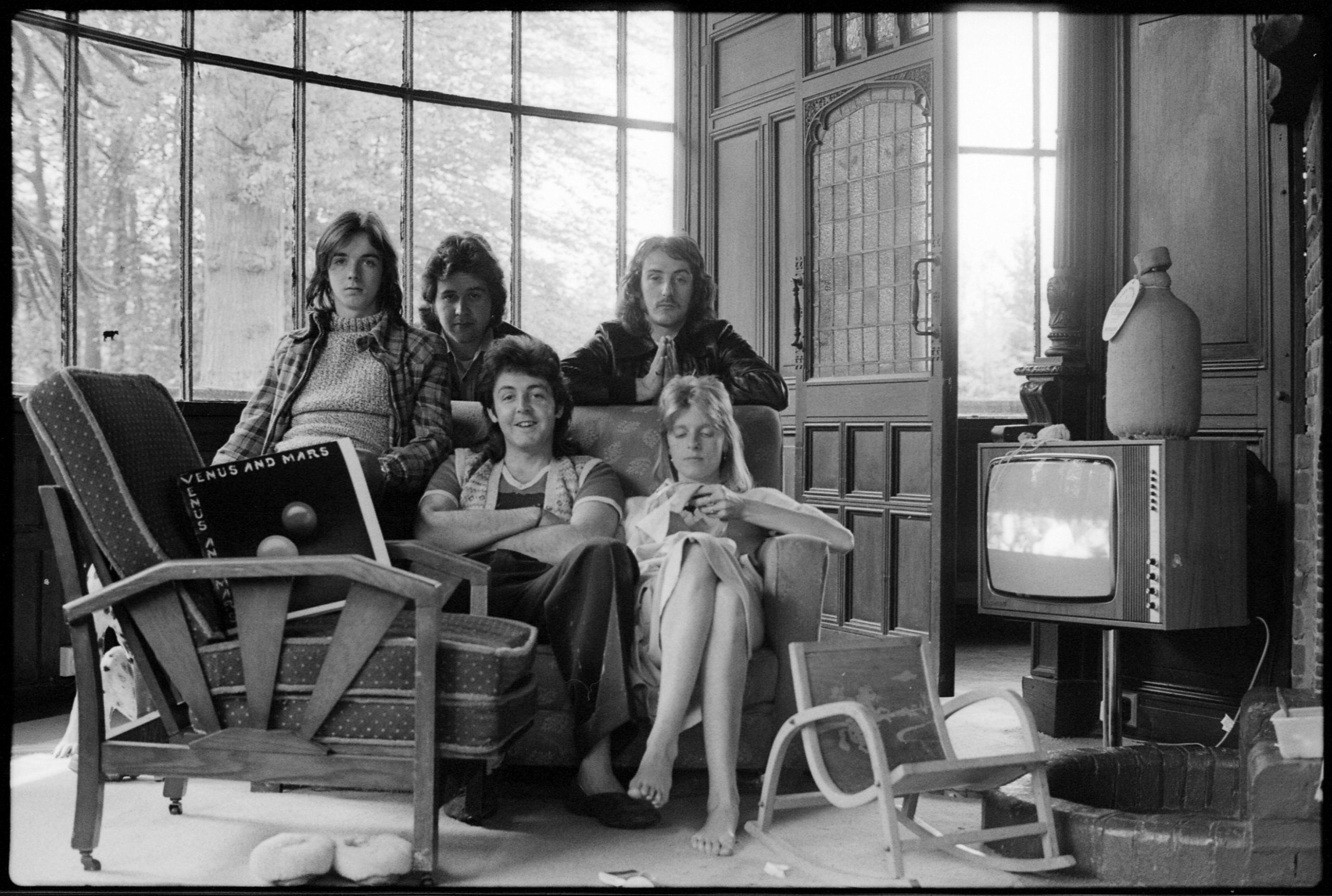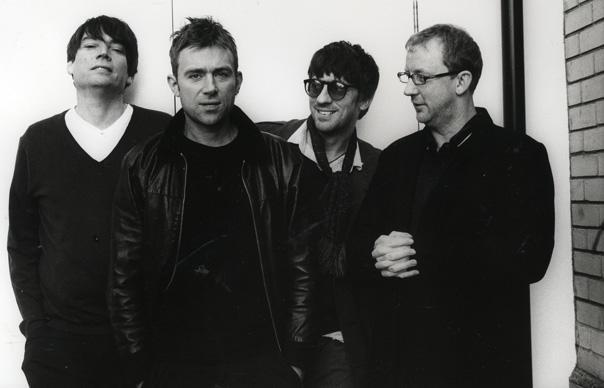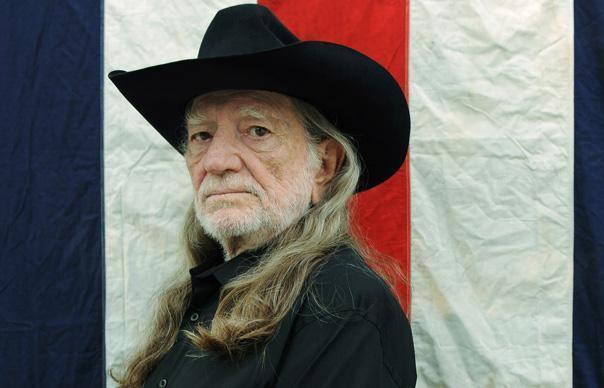How does the most innovative guitarist of his generation spend his spare time? By writing masterful film scores and trying to reinvent how music sounds, it seems. Jonny Greenwood’s There Will Be Blood soundtrack is performed at London’s Roundhouse on August 6 and 7, and here, in this piece from Uncut’s April 2011 issue (Take 167), Rob Young penetrates Greenwood’s studio lair and discovers, among other things, what Radiohead have been up to of late…
_______________
The car pulls into the courtyard of a small complex of offices in the middle of a housing estate on the fringes of Didcot, an Oxfordshire railway town. There are two doors into this unit, and we take the right-hand one at first, which leads, like the proverbial rabbit hole, into a warren of cramped rooms. Here’s a drum kit, now a stack of guitar amps, and finally, as the air becomes muggier, even slightly fetid, we reach the control room, a windowless space piled high with effects racks, keyboards, a crumpled black leather sofa and mixing desk.
This is where Jonny Greenwood has been lurking, putting the finishing touches this damp January morning to his soundtrack for Lynne Ramsay’s adaptation of Lionel Shriver’s We Need To Talk About Kevin, made for BBC Films and starring Tilda Swinton and John C Reilly. Despite being enthused by the outcome – mainly music played by Jean Kelly on a seven-string Irish harp – Greenwood seems eager to get out of this lightless place, and after manager Bryce Edge hands him a plastic bag of victuals from the local Waitrose, suggests we retire to the awards-lined lounge of his management’s offices up the left-hand staircase. Looking at the shiny discs, trophies and statuettes Radiohead have picked up for OK Computer, Kid A and others over the years, one can’t help but wonder: how is work progressing on the follow-up to 2007’s In Rainbows?
“It seems to be slow, but there’s lots of work going on,” Greenwood explains. “We’ve been with each other an awful lot. It’s more about working out which is the right path to go down for each of the songs and ideas. I don’t think people appreciate what a mess most bands’ records are until they’re finalised, the songs are in order and you’ve left the right ones off and put the right ones on, and suddenly it has something. We’re quite incompetent, I think, and always have been.”
_______________
Right now, Greenwood is representing his parallel side, his composerly career which has run alongside (and fed into) Radiohead for several years. This month his music – introspective orchestral stuff – graces the soundtrack of Tran Anh Hung’s Norwegian Wood, a stately, melancholy, period-detail-soaked adaptation of Haruki Murakami’s coming-of-age novel. At just over two hours, the film’s hazy, atmospheric evocation of late-’60s Tokyo is strangely static, and for much of the first hour the only music that’s heard is a sprinkling of early Can tracks.
“I told him about Can,” claims Greenwood, “because originally he had lots of Doors, and I had the Oliver Stone heebie-jeebies about ‘this is the ’60s’, Jimi Hendrix and so on. I thought, Can, they had a Japanese singer, it sort of fits…”
Greenwood’s music for films began in 2003 with Bodysong, a wordless documentary about human motion and activity with antecedents in films like Koyaanisqatsi.
“Jonny always wanted to go against the grain, mess with expectations,” recalls Bodysong’s director, Simon Pummell. “At one point he was looking into the possibilities of soundscapes of extinct languages. The way the percussion in the ‘Violence’ section slowly shifts into a more synchronised, obsessional beat – and moves from excitement to something oppressive, as the images escalate from brawling to genocidal brutality – is an example of the music really telling the story together with the images.”
He moved from art-house to mainstream theatres with Paul Thomas Anderson’s There Will Be Blood in 2007, with a harsh catgut accompaniment – “music about the characters and the landscape”, he says – that scaled the movie’s epic peaks and troughs with atonal introspection and wide-horizon scrape. Partly derived from a standalone commission he’d written for the BBC Concert Orchestra called ‘Popcorn Superhet Receiver’, it was a musical language of understatement.
“It’s recurring textures,” explains Robert Ziegler, who conducted the orchestra on both soundtrack recordings. “Certain clusters that he used, especially in There Will Be Blood, just nailed the quality of the film. And some of the new music he wrote, propulsive, rhythmic things, worked out wonderfully. He got that menace; on one of the most brilliant cues, “Open Spaces”, he played the ondes Martenot [an eerie-sounding early electronic instrument], and the whole conception of it was perfect. Those huge Texas landscapes, and it was just this little cue, but it lifted the whole film.”
I ask Greenwood whether he needs something visual as a starting point.
“Yeah,” he replies, “I enjoy having something to write the music for that’s concrete but at the same time the luxury of it not being that concrete, more an excuse to write music. My most exciting days ever are the morning of recording a quartet or an orchestra or a harp player, and knowing they’re coming, and setting up the stands and mics, and putting music out for them. And then after four hours it’s all over and you’ve got something.
“I’ve had a real soft ride. Traditionally film composers are way below the make-up people in the pecking order. It’s not seen as important, unless you find enthusiastic directors. And I’ve been lucky three times in a row.”
Is that excitement greater than coming out on stage in front of thousands at a Radiohead gig?
“Yeah, I think it is,” he says. “Because you’ve got weeks of preparation, and it’s just on paper and wondering what is going to happen. These great musicians are coming in, and you can hand them something that’s fairly lifeless and they can make it very musical. That’s been a big discovery for me, you realise how much they put into it… they can make things sound musical even if it’s just a C major chord. It can sound far more exciting than you thought it was going to. It’s a big secret, but you don’t realise how much input comes from these people. ‘I can do this four or five different ways – which way would you like it?’ Or ‘You can get this kind of effect from the strings’, and so on.”
Robert Ziegler is in no doubt of Greenwood’s talents as a composer, citing Polish modernist Penderecki as an antecedent. “Obviously he’s got the same attraction to masses of sound and big clusters of orchestral sound. As a film composer you have to be careful not to ‘frighten the horses’ and the producers… ”
There Will Be Blood led directly to Greenwood’s next commission, as Tran Anh Hung used some of it as guide music on early cuts of Norwegian Wood. “When I saw There Will Be Blood,” says Hung, “I was completely seduced by Jonny’s music. It was a ‘new sound’ with a profoundness that I have not heard elsewhere in films. The emotions coming from his music were so… right, so mysterious and yet so obvious. No doubt for me that Jonny’s music would give a dark, deep beauty that Norwegian Wood needed.” Eventually Greenwood adapted another piece, ‘Doghouse’, for the finished film. ‘Doghouse’ is a triple concerto for violin, viola and cello, inspired by thoughts of Wally Stott’s scores for Scott Walker songs like “It’s Raining Today” and “Rosemary” languishing in the BBC library.
On a structural level, “as a toddler I was once shown that the note D on a piano is between the two black notes, and that’s D because it is in a kennel, and that piece is written with this symmetrical pattern that started on that note,” Greenwood explains.
_______________
The hands-on business of composing music might seem diametrically opposed to rock’s spontaneity. But since 2000’s Kid A, Radiohead have been moving away from the sound of five men in a room playing live to a more laboriously constructed, digitally processed approach. The forces of group and orchestra were combined on the group’s most recent offering, “Harry Patch (In Memory Of)”, a tribute to the last surviving WWI veteran (who died in 2009, aged 111).
How does Greenwood, who trained on the viola at school, see these two methods complementing each other?
“There have always been bits of orchestration in Radiohead,” he acknowledges. “It’s always been good to have the knowledge of music theory and I’ve used it all the time. A big part of what we’ve always done is slightly scientifically tried to copy something which we can’t. It’s always been like that, whether it was bits of OK Computer that in our heads we wanted to be like Bitches Brew, and the fact that none of us could play the trumpet, or jazz, didn’t bother us. Which sounds like arrogance, but it’s more that you aim and miss, and don’t let it bother you. And a lot of this film stuff is trying to do something I don’t really know how to do, so I’m scrabbling around and getting a little lost and unsure, but it’s been a nice way of working.”
In person, Greenwood is reserved and modest. But all the same, he becomes enthusiastic when discussing the more exciting aspects of his job. Here is a man, it seems, who even uses his downtime constructively in the pursuit of making music.
“Touring’s been good for working on classical stuff,” he explains. “I’ve had hours and hours in hotel rooms. The silence…”
So is there such a thing as a typical day for him at present, and what does he do when he’s not working?
“I play the piano a lot at the moment,” he says after a pause. “I don’t know, I’m a bit low on hobbies. I used to do lots of photography… I don’t know. What do I do? What do you do? I just generally worry about things, I think? And daydream ideas for programming.” That puts him back in his stride. “The programming is really fun at the moment, very satisfying. I spend half my time writing music software, computer-based sound generators for Radiohead. Trying to bypass other people’s ideas of what music software should do and how it should sound, going back a step. It’s like building wonky drum machines, not using presets, basically. It’s like ‘Mouse Trap’, you construct things.” Has he got a mathematical mind, then? “I like a lot of popular science writing – John Gribbin and stuff. Lots of nerdy science and linguistics books. Yeah, I’m a bit trainspottery, let’s not deny it.”
“As a guitar player he’s extraordinary: a virtuoso, frenetic, and full of personality,” testifies Bernard Butler, who views Greenwood as one of a quartet of players with distinctive styles who emerged at roughly the same moment, including himself, John Squire and Graham Coxon. “We’re all very emotional and slightly deranged guitar players, and have an overwrought and melodic sensibility. I can’t think of any guitar players with those qualities at the moment. It’s a most un-Radiohead thing to do, but he probably did meet a devil at a crossroads somewhere, along the A1 probably.”
How, I ask Greenwood, would he like to be remembered, as a composer or as a respected guitarist? “God, not as a ‘guitar stylist’!” he bursts out. “Helping to write some very good songs, playing on them and recording them with this amazing band is like nothing else. As to what people think years from now… You see our record winning top album of the last whatever years, but then you see shocking albums winning the same thing 20, 30 years ago and you think, it’s nice but… All that really matters is what we do next, really.”
Such a comment naturally leads to more gentle probing about forthcoming plans for the Radiohead crew. “We’ve been recording and working,” he allows. “We’re in the frame of mind of wanting to finish things and then decide what to do next. The old-fashioned way of thinking, when we had a record label, was, ‘You need to book the tour today, even though you’re only half way through the record.’ And we can’t do that any more. We just want to finish something and be satisfied.”
Leaving EMI to go it alone has meant, not surprisingly, “you lose the structure, but then you are a bit freer. None of us are very nostalgic for those days of waiting for somebody’s approval of your recording. But I’ve always said at EMI we had a good relationship compared with some people.”
But in the age of digital distribution, and the increasingly invisible presence of music on the high street, and given that In Rainbows was launched with its radical pay-what-you-like policy – plus an extraordinary, free, televised late-night gig at east London’s Rough Trade store – chances are, however the next record ends up, there’ll be something of a fanfare.
“I don’t like how music dribbles out,” he announces as we wrap things up. “I like events, that’s the only thing, really.”


